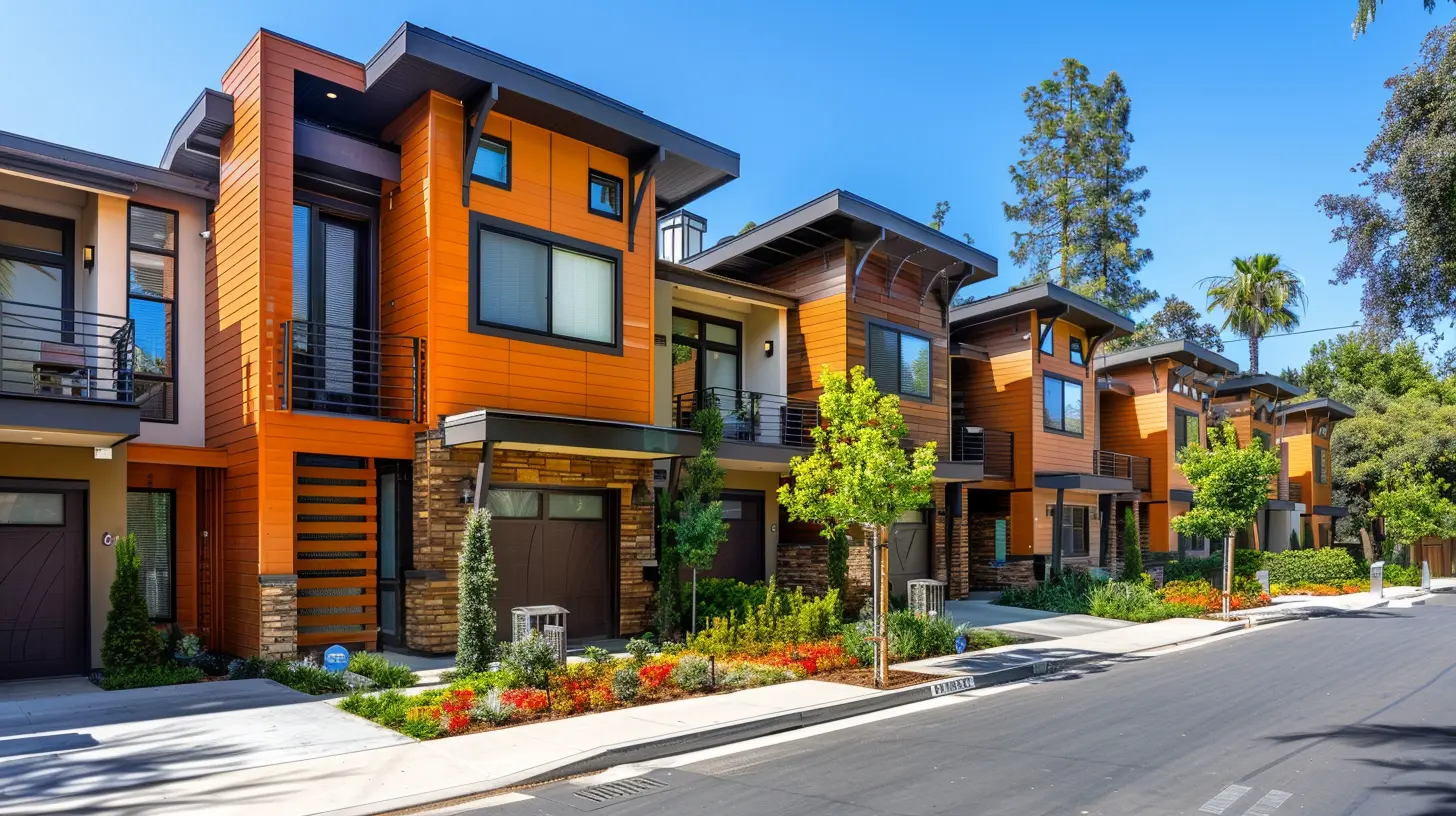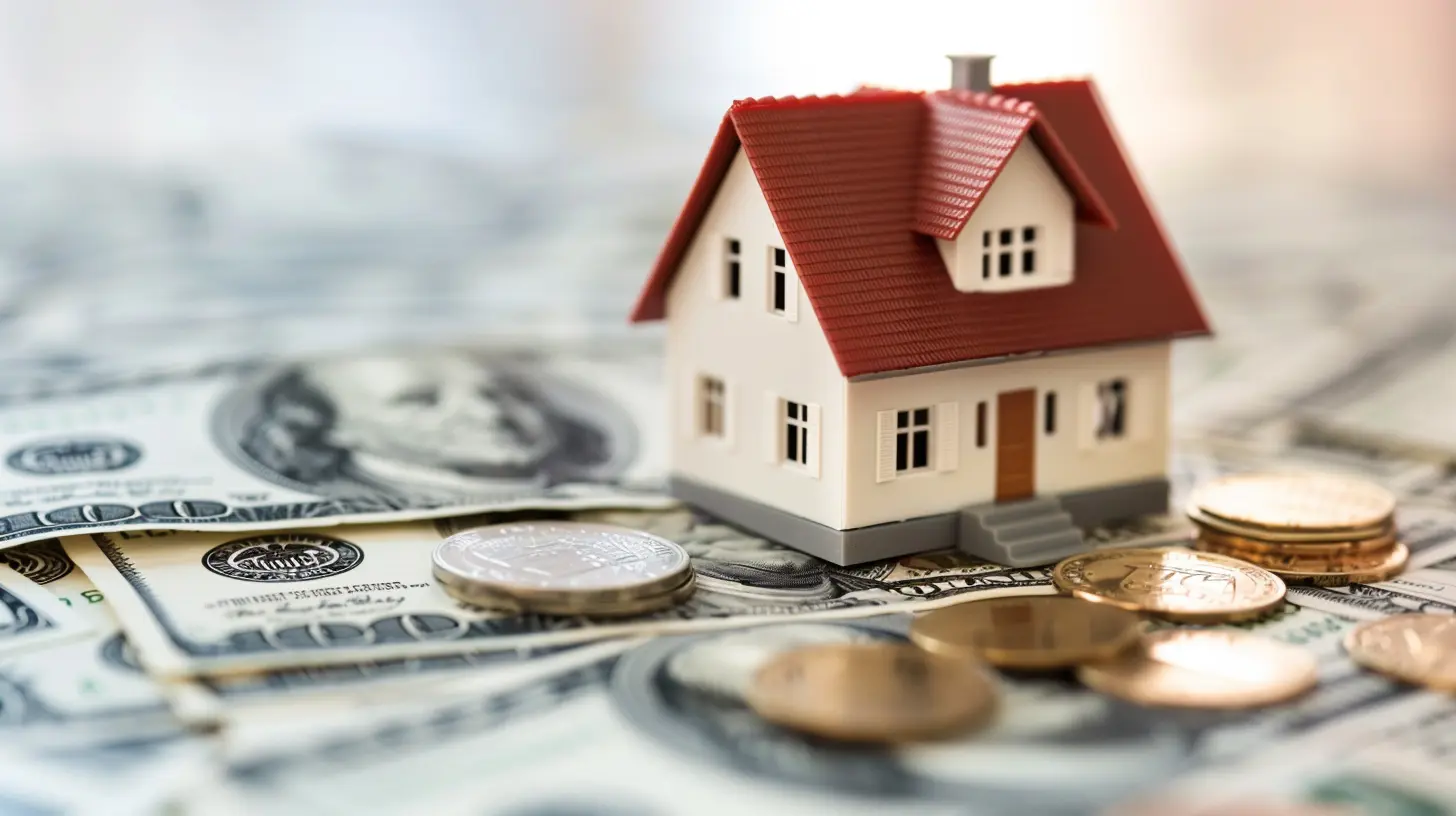What You Need to Know About Rent-to-Own Affordable Housing
26 June 2025
If you've ever dreamed of owning a home but struggled with saving for a down payment or securing a mortgage, rent-to-own housing might be the solution you’ve been looking for. This type of housing arrangement is gaining popularity, especially among first-time buyers who need a stepping stone into homeownership.
But is rent-to-own really worth it? What are the risks and benefits? Let’s break it all down so you can decide if this path to homeownership is right for you. 
What Is Rent-to-Own Housing?
Rent-to-own (also called lease-to-own or lease-option) is an agreement where you rent a home for a certain period with the option (or sometimes the obligation) to buy it later. Unlike traditional renting, a portion of your rent payments may go toward building equity in the home—kind of like a forced savings plan.It's like test-driving a car before you buy it. You get to live in the home, make sure it suits your needs, and build your finances before committing to a mortgage. 
How Does Rent-to-Own Work?
1. Signing a Rent-to-Own Agreement
There are typically two types of rent-to-own contracts:- Lease Option: You have the choice, but not the obligation, to buy the home after the lease period.
- Lease Purchase: You are legally required to buy the home at the end of the lease term.
2. Paying an Option Fee
To secure your ability to purchase the home later, you usually pay an upfront option fee. This fee (often 1%–5% of the home's purchase price) is sometimes applied toward the home's cost when you decide to buy.3. Monthly Rent and Rent Credits
Your monthly rent might be slightly higher than the market rate because part of it may be set aside as a rent credit, which can go toward your future down payment. However, this depends on the agreement you sign.4. Obligations During the Lease Period
You’ll be responsible for following the lease terms, which may include maintaining the home, making certain repairs, or even covering property taxes (depending on the contract).5. Purchasing the Home
At the end of the lease term (usually 1–5 years), you can buy the home at the predetermined price. If you decide not to proceed, you might lose the fees and any rent credits you've built up.
Pros of Rent-to-Own Housing
Rent-to-own can be a great way to inch toward homeownership if you’re not yet financially ready for a traditional mortgage. Here’s why it might be a good fit:✅ Build Equity While Renting
Instead of just throwing money at rent, you’re slowly contributing toward homeownership. Think of it as a way to turn rent into a future investment.✅ Time to Improve Credit and Finances
If your credit score needs some TLC or you need more time to save for a down payment, rent-to-own gives you breathing room to work on your finances while still moving toward your goal.✅ Lock in a Purchase Price
With a rent-to-own agreement, you agree on a price upfront. If real estate values skyrocket during your lease period, you could end up with a home that is worth more than what you're paying.✅ Chance to “Try Before You Buy”
You get to test out the home, neighborhood, and commute before fully committing. If it turns out not to be the right fit, lease-option agreements allow you to walk away—though you may lose your option fee or rent credits.
Cons and Risks of Rent-to-Own
While it sounds great on paper, rent-to-own isn’t perfect. There are some risks to consider before signing on the dotted line.❌ Loss of Money If You Don’t Buy
Option fees and rent credits are usually non-refundable. If you decide not to purchase the home, that money is gone.❌ Higher Monthly Payments
Because a portion of your rent may go toward your future down payment, expect to pay more than market rent. If money is tight, this could be a deal-breaker.❌ Contract Complications
The fine print matters. Some contracts heavily favor the seller, such as requiring you to cover repairs, property taxes, and even homeowners’ insurance while you’re still technically just a renter.❌ Market Fluctuations
If housing prices drop, you could be stuck paying for a home that’s worth less than your locked-in purchase price. That’s a tough pill to swallow when buying traditionally allows for more flexibility.❌ Risk of Landlord Foreclosure
If the seller (current homeowner) has financial troubles and the property is foreclosed upon, you could lose your entire rent-to-own investment, including option fees and rent credits.Is Rent-to-Own Right for You?
Rent-to-own housing isn’t for everyone, but it might be a fantastic opportunity for:- Renters who want to buy but need time to build credit or save for a down payment.
- Those who love a specific house or neighborhood and don’t want to risk losing it to another buyer.
- Individuals who expect their income or credit score to improve in the next few years, allowing them to qualify for a mortgage later.
On the flip side, if you’re unsure about committing to homeownership soon or aren't comfortable with the financial risks, this might not be your best bet.
Tips for a Successful Rent-to-Own Agreement
If rent-to-own sounds like the right path for you, here are some expert tips to avoid common pitfalls:🏡 Read the Fine Print
Never sign a rent-to-own agreement without thoroughly understanding the terms. Make sure you know:- Whether the agreement is a lease-option or lease-purchase
- Who is responsible for maintenance, repairs, and property taxes
- How much of your rent goes toward the purchase price
💰 Work With a Real Estate Agent or Attorney
A real estate professional can help you navigate the contract and ensure it’s fair. An attorney can protect you from any legal loopholes that could put you at a disadvantage.📊 Get a Home Inspection
Before signing anything, get the home inspected. You don’t want to discover major structural problems midway through your lease.💳 Improve Your Credit & Finances
Since you’ll eventually need a mortgage, take advantage of the lease period to:- Pay down debt
- Increase your credit score
- Save for closing costs
🤝 Negotiate Terms That Work for You
If possible, negotiate a flexible agreement where you won’t lose all your money if you decide not to buy. Also, try to ensure market changes don’t leave you overpaying for the property.Final Thoughts
Rent-to-own affordable housing can be a stepping stone toward homeownership, especially for those who need time to improve their finances. However, it’s not without risks. Carefully evaluate the contract, seek professional advice, and ensure it aligns with your long-term goals before making a commitment.At the end of the day, this option gives you a chance to turn your rent into an investment, but only if the terms are fair and you’re confident about your ability to buy when the time comes.
Would you consider rent-to-own, or does a traditional home purchase feel like a better fit? Let us know in the comments!
all images in this post were generated using AI tools
Category:
Affordable HousingAuthor:

Vincent Clayton
Discussion
rate this article
2 comments
Daniel McTiernan
Rent-to-own can offer a pathway to homeownership, but it's essential to understand the terms and potential risks involved.
November 24, 2025 at 5:04 AM

Vincent Clayton
Absolutely! Understanding the terms and risks of rent-to-own is crucial for making informed decisions about future homeownership.
Matilda Summers
Thank you for this informative article on rent-to-own affordable housing! It provides valuable insights for those exploring alternative paths to homeownership. Understanding the nuances of this option can truly empower potential buyers. I look forward to seeing more content on this important topic in the future!
July 1, 2025 at 8:47 PM

Vincent Clayton
Thank you for your kind words! I'm glad you found the article helpful and informative. Stay tuned for more content on this important topic!


